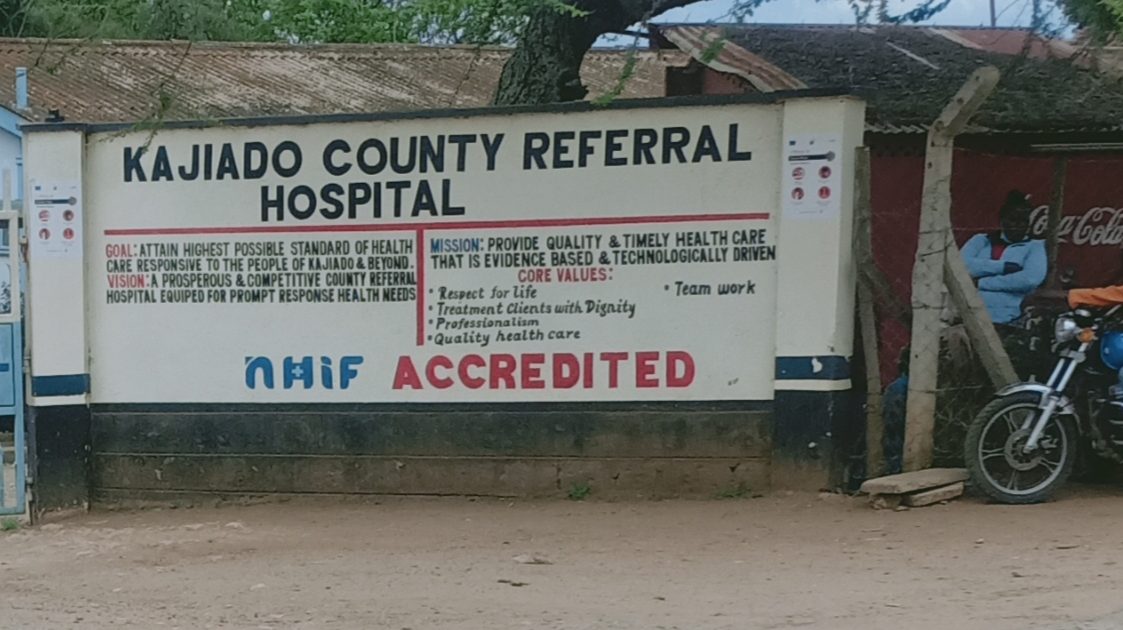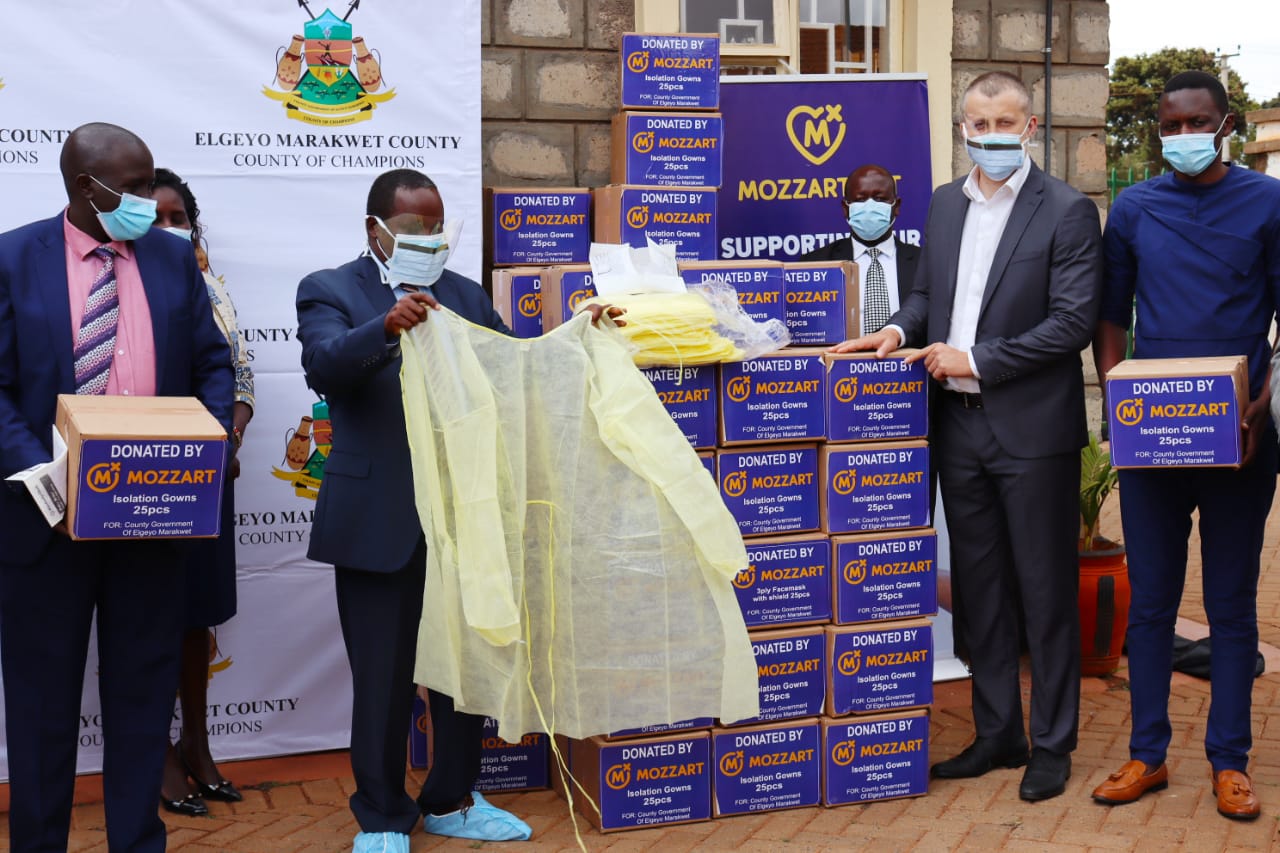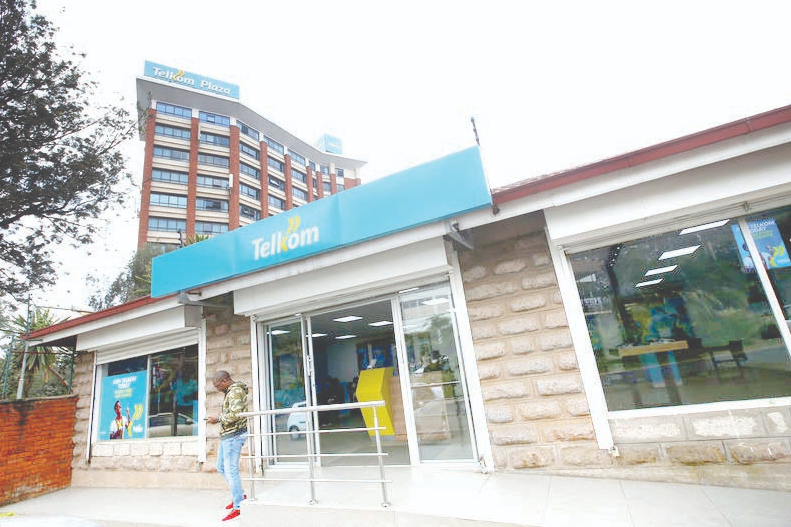Creatives optimistic as theatres ready to reopen

Manuel Ntoyai @Manuel_Ntoyai
Creatives who normally utilise theatre facilities for their activities have been hard pressed by their closure due to the Covid-19 crisis.
But operations are expected to return as protocols to reopen are being mooted, writes Manuel Ntoyai
Save for the few groundsmen going on with their day-to-day jobs, the Kenya Cultural Centre (KCC) in Nairobi is now unusually quiet for a place that has always been a beehive of creative activities and booked for months on end.
The Covid-19 pandemic has given the centre a blow like no other since it’s establishment in 1952.
In some countries social gatherings are still strictly banned, while some have normalised operations, but under a number of guidelines provided by local authorities including the respective health ministries.
In the USA, for instance, the Broadway League—the national trade association for the theatre industry across the North America—has cancelled all shows in 2020, with possibilities of having full houses by next year.
In the meantime, it has said it’s working with city (New York City), state officials and health experts on protocols for reopening.
“Our membership is working closely with the theatrical unions and in concert with key experts and some of the greatest minds inside and outside of the industry to explore protocols for all aspects of reopening.
We are focused on identifying and implementing necessary measures that will enable us to resume performances safely for Broadway audiences and employees,” Broadway League president Charlotte St Martin said in a release.
New frontiers
Locally, as the country gears towards flattening the curve and resumption of activities, creative spaces are also busy developing protocols and proposals to have their places of businesses ready for reopening once given the green light to do so.
“We have developed a protocol for reopening, with considerations from the guidelines from the Ministry of Health.
This includes 50 per cent reduction of the audiences, have our staff tested regularly and have Personal Protective Equipment for our workers, thermo guns, and reduce the attendees by half,” KCC acting chief executive officer Michael Pundo tells Spice.
Pundo adds that there are also plans to introduce virtual programming, which would see plays uploaded online after recording.
“Technology advancement, especially in this digital era provides an opportunity to introduce products such as pay-per-view for audiences who might not have time to come physically to the theatres.
This is evidenced when we did the stimulus package production countrywide, an activity whose content is being streamed online and recording very impressive feedback,” he says.
He adds that the pandemic has presented an opportunity for creatives to push themselves beyond the norms and leverage on influencing and growing their online presence.
“When we rolled out the stimulus package, we reached out to more than 1,500 artistes and from my observations, there is a lot of content out there and instead of creatives waiting for a big break, they can start by going online and sharing their work there.
From there, they can grow their brands into households names and still grow tremendously under the KCC setup,” says Pundo.
In Mombasa, plans to resume activities at the Little Theatre Club are underway, with the facility having acquired a Covid-19 certificate from the Health ministry.
“When it comes to interactions, the artistes have to observe social distancing during rehearsals.
All these things are being considered even as we develop other in-house protocols because we are not going to have 100 per cent capacity any time soon,” says Little Theater Club chairman Pete Odote.
Creatives at the Sarakasi Dome in the Ngara area of Nairobi have also resumed training amidst a number of in-house regulations that aim at seeing them do their work in the safest possible ways.
Safety first
“Our dancers have resumed training twice a week and have opened space for artistes who want to shoot their music videos and dance clips.
Deejay Kace has also been using the facility for his night events. We are also planning on resuming our project at the Coast in October,” says Sarakasi Trust managing director Marion Van Dijck.
At the Nakuru Players Theatre, creatives went ‘MIA’ following the closure of open spaces, with majority of them having been busy on school set-books.
“We have come almost to a stop because people no longer come to the theatre.
When we were recording content for the stimulus package, there was some buzz, but it has also died.
We are trying to see if people can resume trainings, although there is still some fear factor,” says Nakuru Players Theatre treasurer Francis Gachao.














